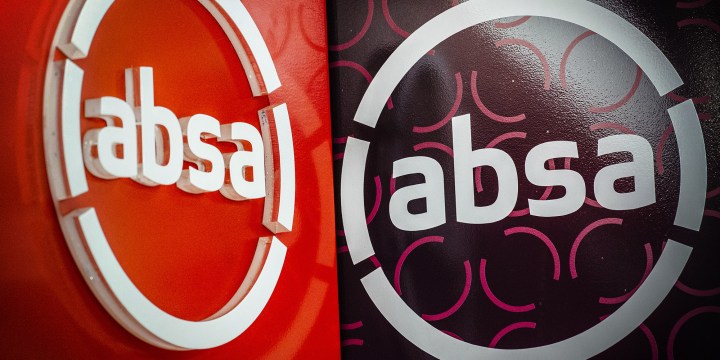COMPANIES
Absa expects load shedding diesel costs of between R200m and R350m in the next year

Absa Group reported a rise of 13% in normalised headline earnings of R21-billion for the 2022 financial year, driven by significantly higher pre-provision profit which, in turn, was driven by very strong revenue growth of 15% to just under R100-billion.
Load shedding cast an R18-million shadow in the form of expenditure on diesel over the year, with more than half of that cost attributed to the fourth quarter alone.
“If load shedding stays at February’s level and the price of diesel doesn’t change, we could spend about R200-million this year. If load shedding is at an average Stage 6 this year, the cost will increase to more than R350-million,” said Arrie Rautenbach, Absa’s group chief executive officer.
He noted that improving customer experience is a key part of the everyday banking strategy, including embedding a culture of being closer to customers.
“[We] continue to reduce customer complaints and we received the least ombudsman complaints of the big five banks for the third consecutive year.
“Everyday banking’s pricing strategy is focused on offering value for money while addressing customer pain points. This year, we reduce fees by another R500-million, taking the cumulative reduction since 2021 to R1-billion,” he says.
However, while customers might have seen some relief when it came to fees, a 61% increase in impairments reflected the impact of higher interest rates and inflationary pressures in South Africa.
Visit Daily Maverick’s home page for more news, analysis and investigations
Rautenbach says credit cards grew 13%, reflecting strong new account sales together with increased limits and utilisations.
“We remain the largest by market share at just over 26%, which excludes our large Woolworth’s financial services book. Personal loans increased 10%,” he says.
The bank’s customer base grew through improved product offerings and enhanced digital platforms. In South Africa, Absa’s largest market, the number of customers increased to 9.7 million from 9.6 million, with digitally active customers increasing by 10% as stability improved and functionality was enriched.
Absa was among the first to go to market with Google Wallet and the rollout of the Abby chatbot; Absa ID was also effective, with over 2 million enrollments in the first year.
“We are building a strong and consistent track record of delivery against our strategy and we are well positioned for growth, notwithstanding the more difficult operating environment,” said Jason Quinn, Absa Group Financial Director.
The Group capital position remains above the Board-approved target range and the Common Equity Tier 1 ratio was strong at 12.8%. The Group loan coverage ratio of 3.9% remains robust and well above the pre-Covid position.
With effect from July last year, Absa moved from two commercial businesses – Corporate and Investment Banking Pan-Africa and Retail and Business Banking Pan-Africa – to five business units.
In the product solutions cluster (mortgages, vehicle financing, both life and non-life insurance products, as well as investment products and advisory services in SA), headline earnings grew 26% to R3.5-billion, driven by the recovery in the insurance business, while the lending businesses maintained balance sheet growth momentum, notwithstanding the impact of the weaker macro environment and supply chain challenges.
Headline earnings were largely unchanged in the everyday banking cluster (day-to-day banking products and services in SA) at R4.1-billion, as higher credit impairments offset strong pre-provision profit growth. The unit registered growth in personal loans, credit card sales and sales of transactional accounts.
Building on its existing space in renewable energy financing, Absa acted as joint-mandated lead arranger and lender for South Africa’s first utility-scale renewable energy captive power project, comprising 200MW of solar power, in one of several transactions that added to the bank’s growing renewable energy portfolio.
Looking ahead, Absa expects the South African economy to grow by less than 1% in 2023, with electricity supply a continuing significant risk for the foreseeable future.
“We are conscious that the macro environment is tough and is expected to get tougher, but we have a well-positioned and resilient balance sheet to withstand it,” said Rautenbach. BM/DM




















 Become an Insider
Become an Insider
Comments - Please login in order to comment.